According to the Ministry of Agriculture and Rural Development, the agricultural and Halal food market for Muslims serves about 2 billion people, accounting for about 20% of the world's population. Vietnam currently has many agricultural products that meet the needs of Muslims, but has not yet formed a Halal ecosystem to effectively exploit this potential market.

The scale of the global Halal food and agriculture sector in 2022 will reach more than 2,310 billion USD and is forecast to reach nearly 4,116 billion USD by 2030. In the world, there are countries participating in this market as large suppliers, with experience and large market shares such as: Australia, Singapore, Thailand, Brazil...
Few businesses are Halal certified
According to the Department of Quality, Processing and Market Development, Vietnam has many agricultural products that meet the needs of Muslims and many of them have been trusted by the Muslim community such as coffee, tea, beans, food... thanks to meeting food hygiene and safety standards in accordance with Halal certification (VietGAP certification, GlobalGAP, organic certification, HACCP, ISO...). Currently, Vietnam has nearly 1,000 Halal-certified enterprises.
Nguyen Truc Son, Standing Vice Chairman of Ben Tre Provincial People's Committee, said: Ben Tre has potential for agricultural products, including processed coconut, agricultural and aquatic products, which are popular in Muslim markets. The number of Halal-certified export enterprises in the province is 16, with the fields of manufacturing coconut, aquatic products, agricultural products and processed agricultural products. That number is quite small compared to the scale of enterprises in the province because Ben Tre enterprises still have difficulty accessing market information, especially consumer culture, business and regulations for Halal products. In addition, investing in production lines and separate equipment in the stages of packaging, preservation, transportation... according to Halal standards is costly, causing many difficulties for small and medium enterprises. Recently, Ben Tre also sent samples of some products of Ben Tre Coconut Investment Joint Stock Company (Beinco), Luong Quoi Coconut Processing Company Limited... through diplomatic channels to support connection, display, and introduce products at Vietnamese representative agencies in some Muslim countries.
"On the other hand, there is currently no unified Halal standard applicable to all countries worldwide; there are many organizations authorized to grant Halal certification, but the certification procedures of these organizations are not unified, which also affects the development of the number of Halal certified businesses," Mr. Nguyen Truc Son emphasized.
Meanwhile, according to the People's Committee of Ninh Thuan province, the province has great potential to develop export products to the Halal market but has not been effectively exploited. Currently, Canh Dong Viet Food Joint Stock Company under GC FOOD Group has 11 products that have achieved Halal certification. From 2018 to present, the company has exported more than 170 tons/year of various aloe vera products to the Middle East market.
To diversify products for the Halal market, the People's Committee of Ninh Thuan province has also assigned departments, branches and localities to review and arrange land funds for the planning of the Lamb Processing Factory project for Nhat Thanh Food Company Limited, aiming to export Halal-standard lamb to the markets of Brunei, Indonesia, Malaysia, Philippines, etc.

Focusing resources on developing Vietnam's Halal industry
Currently, Vietnam has about 20 export items to the Halal market. This is still a small number compared to the scale of the global Halal economy with 7,000 billion USD in 2022, expected to increase to about 10,000 billion USD in 2028 and future growth prospects at a rate of about 6-8% per year.
Specifically, in the Middle East market, with 90% of the population following Islam, there is a need to import 80% of food and foodstuffs, equivalent to about 40 billion USD per year and is forecast to increase to 70 billion USD by 2035.
According to Mr. Miran Ismael, Director of the European Halal Certification Center (ECC Halal), the Halal market in Europe is currently worth more than 70 billion euros and is expected to increase significantly in the coming years. Therefore, Europe has become a potential market for Vietnam's Halal products, especially in the food and beverage sector. This is an area where Vietnamese enterprises can provide high-quality Halal ingredients, processed foods, seafood and many other products. It is worth noting that Vietnamese enterprises should take advantage of e-commerce and digital platforms in promoting and consuming products. Many Muslims in Europe, especially the younger generation, are very fond of technology and often shop for Halal products on online platforms. Therefore, Vietnamese businesses can effectively exploit this group of potential customers through building a widespread brand on online sales sites and providing a convenient online shopping experience for customers.
Faced with the great demand for Halal products, according to the Ministry of Agriculture and Rural Development, in the coming time there will be solutions to strengthen international cooperation, support development in training, production, development of Halal certification...
On February 14, 2023, the Prime Minister issued Decision No. 10/QD-TTg approving the Project "Strengthening international cooperation to build and develop Vietnam's Halal industry by 2030". By April 2024, the National Halal Certification Center was established, contributing to unifying state management of Halal certification, creating favorable conditions and helping Vietnamese enterprises save costs to effectively penetrate the global Halal market.
Vietnam is also completing and developing a Decree on Halal product and service management to ensure the management and promotion of activities related to the development of the Halal economic sector in the coming time. In particular, there is a strategy to develop a Halal ecosystem applying high technology; develop Halal human resources; support businesses to form a Vietnamese Halal ecosystem compatible with the different requirements of the world Halal market; at the same time, identify Vietnam's strengths in Halal products and markets... to have investment and prioritize development resources.
Source


![[Photo] The two Prime Ministers witnessed the signing ceremony of cooperation documents between Vietnam and Ethiopia.](https://vstatic.vietnam.vn/vietnam/resource/IMAGE/2025/4/15/16e350289aec4a6ea74b93ee396ada21)

![[Photo] Welcoming ceremony for Prime Minister of the Federal Democratic Republic of Ethiopia Abiy Ahmed Ali and his wife](https://vstatic.vietnam.vn/vietnam/resource/IMAGE/2025/4/15/77c08dcbe52c42e2ac01c322fe86e78b)
![[Photo] National Assembly Chairman Tran Thanh Man attends the summary of the organization of the Conference of the Executive Committee of the Francophone Parliamentary Union](https://vstatic.vietnam.vn/vietnam/resource/IMAGE/2025/4/15/fe022fef73d0431ab6cfc1570af598ac)
![[Photo] General Secretary To Lam receives Ethiopian Prime Minister Abiy Ahmed Ali](https://vstatic.vietnam.vn/vietnam/resource/IMAGE/2025/4/15/086fa862ad6d4c8ca337d57208555715)
![[Photo] Prime Minister Pham Minh Chinh holds talks with Ethiopian Prime Minister Abiy Ahmed Ali](https://vstatic.vietnam.vn/vietnam/resource/IMAGE/2025/4/15/4f7ba52301694c32aac39eab11cf70a4)
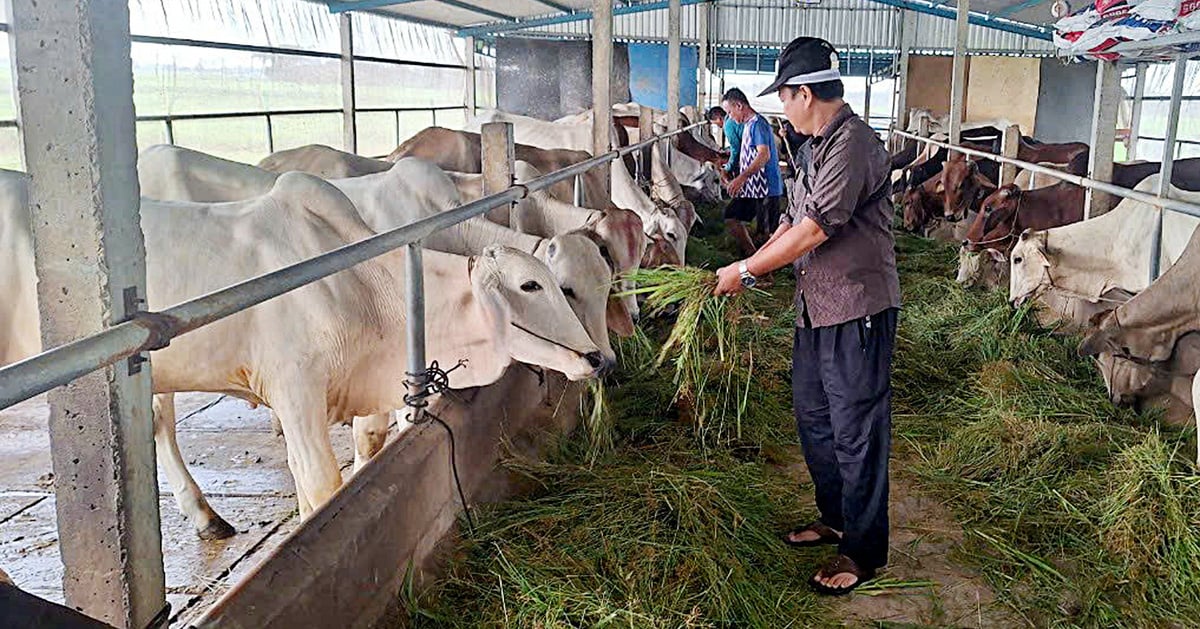

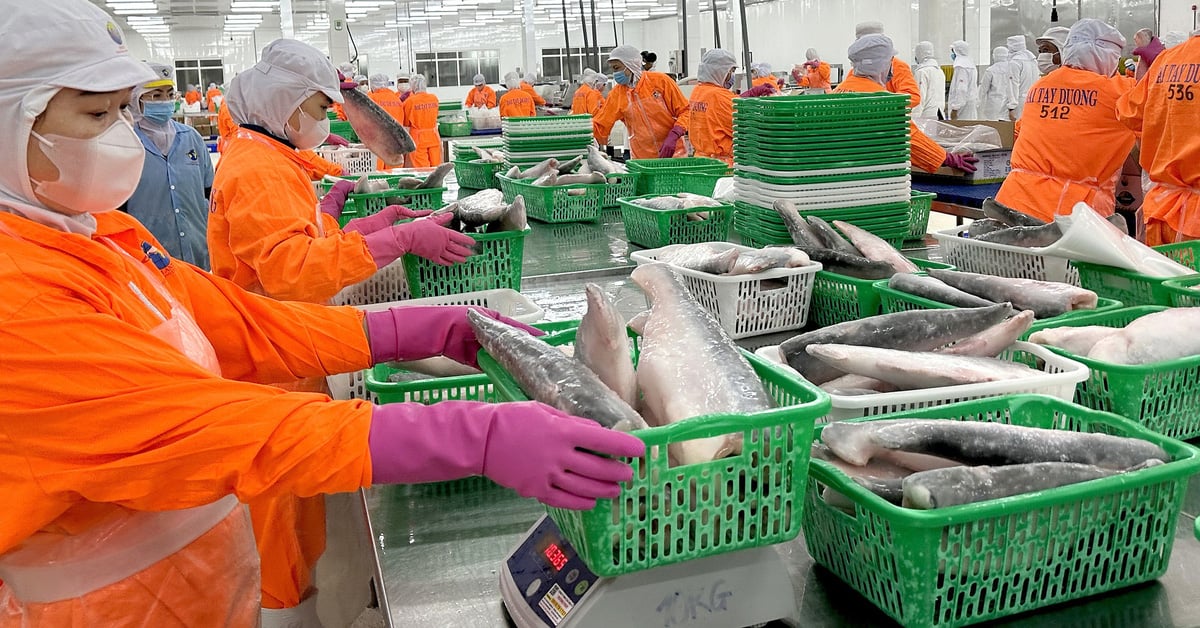
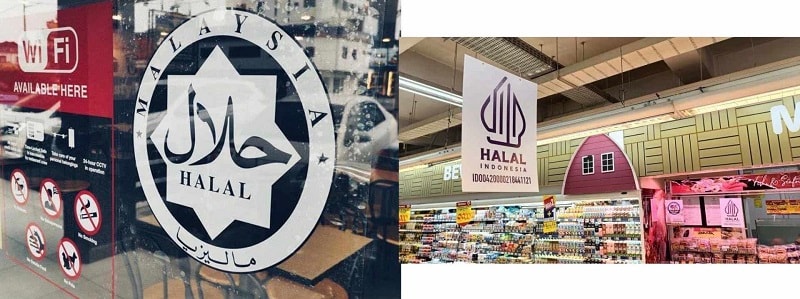

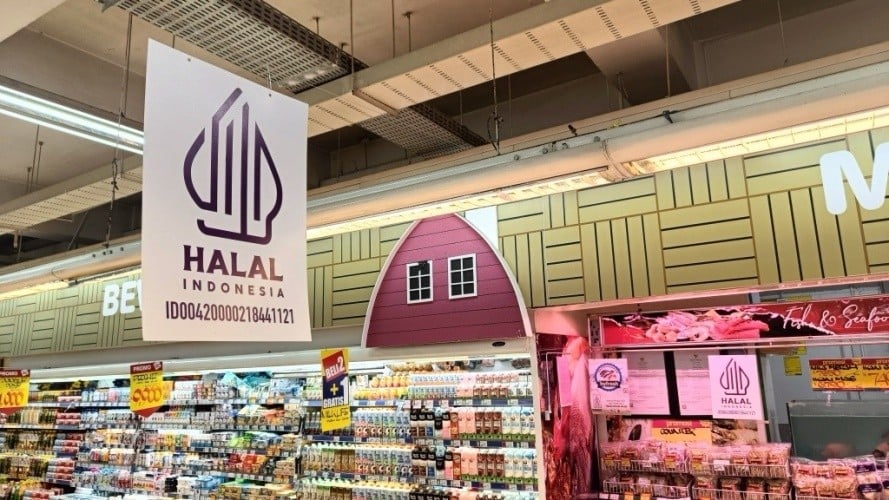
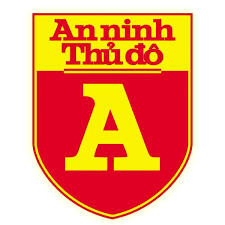
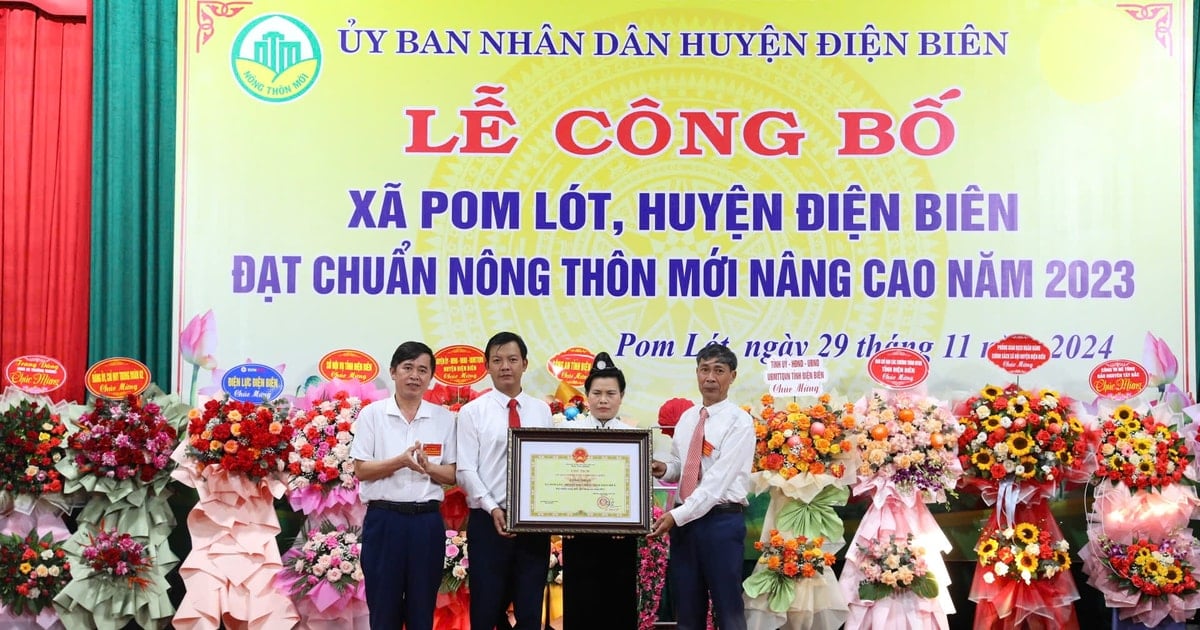


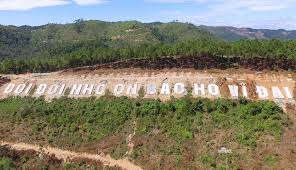

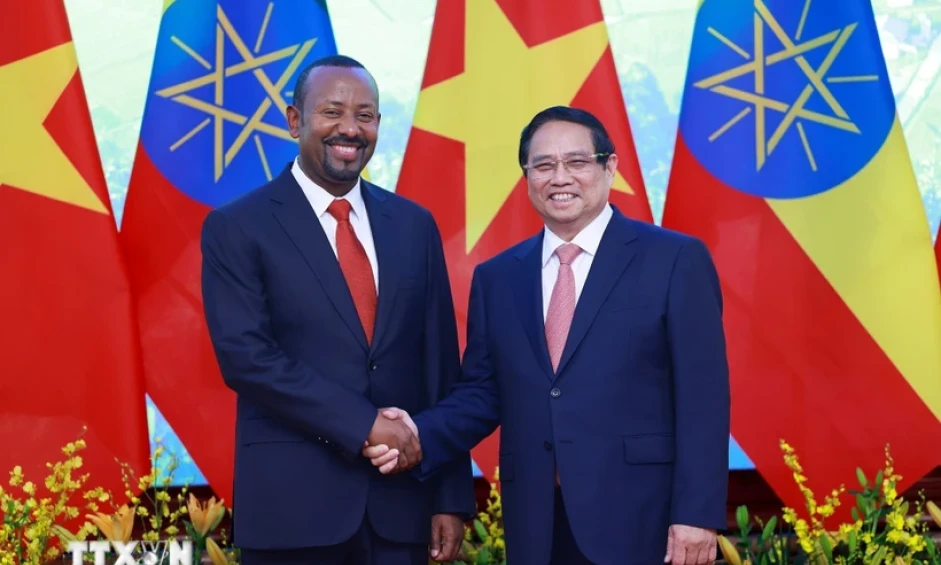
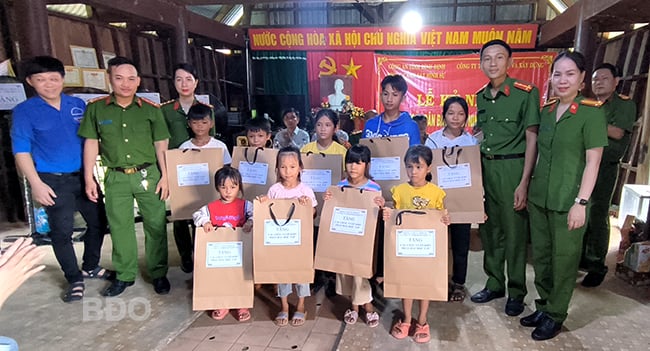






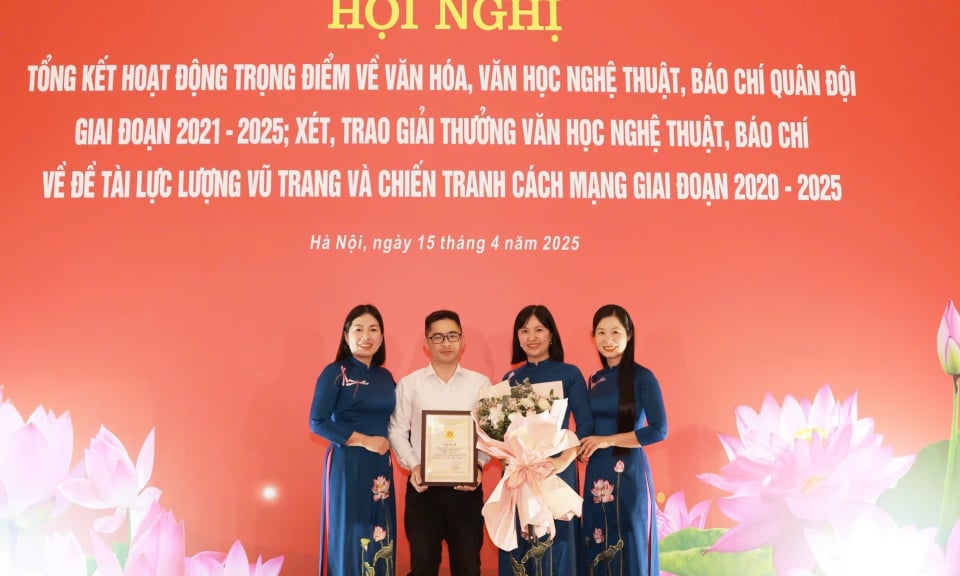
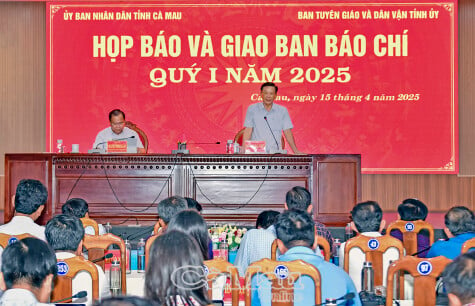
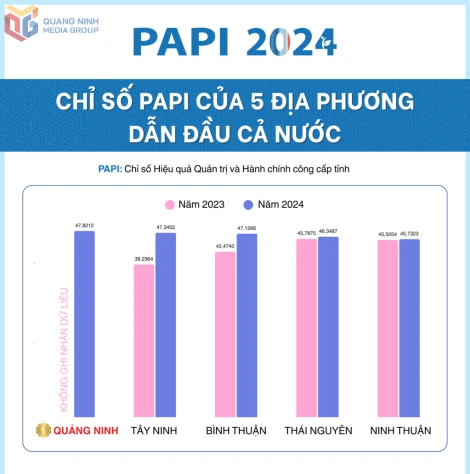
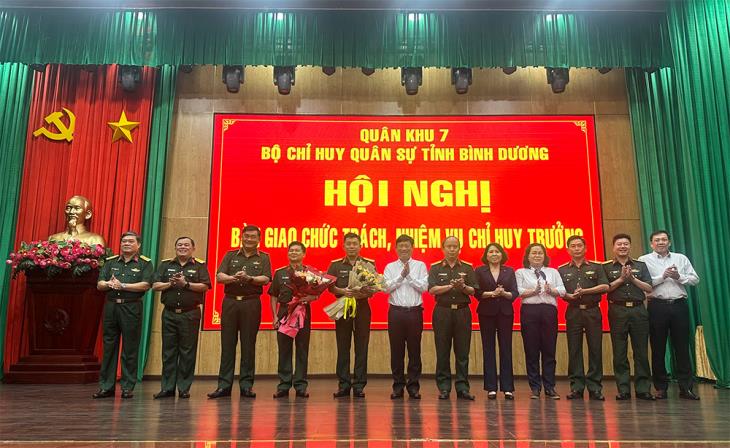
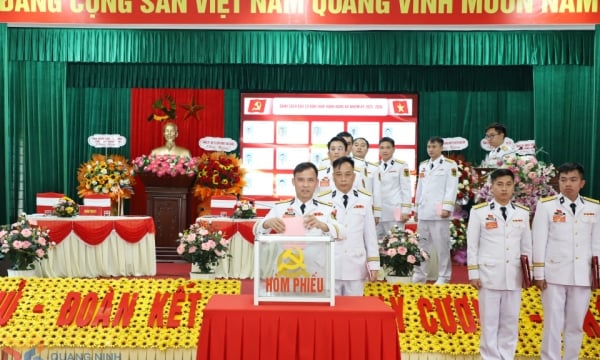

![[Photo] General Secretary To Lam meets with veteran revolutionary cadres, meritorious people, and exemplary policy families](https://vstatic.vietnam.vn/vietnam/resource/IMAGE/2025/4/15/7363ba75eb3c4a9e8241b65163176f63)





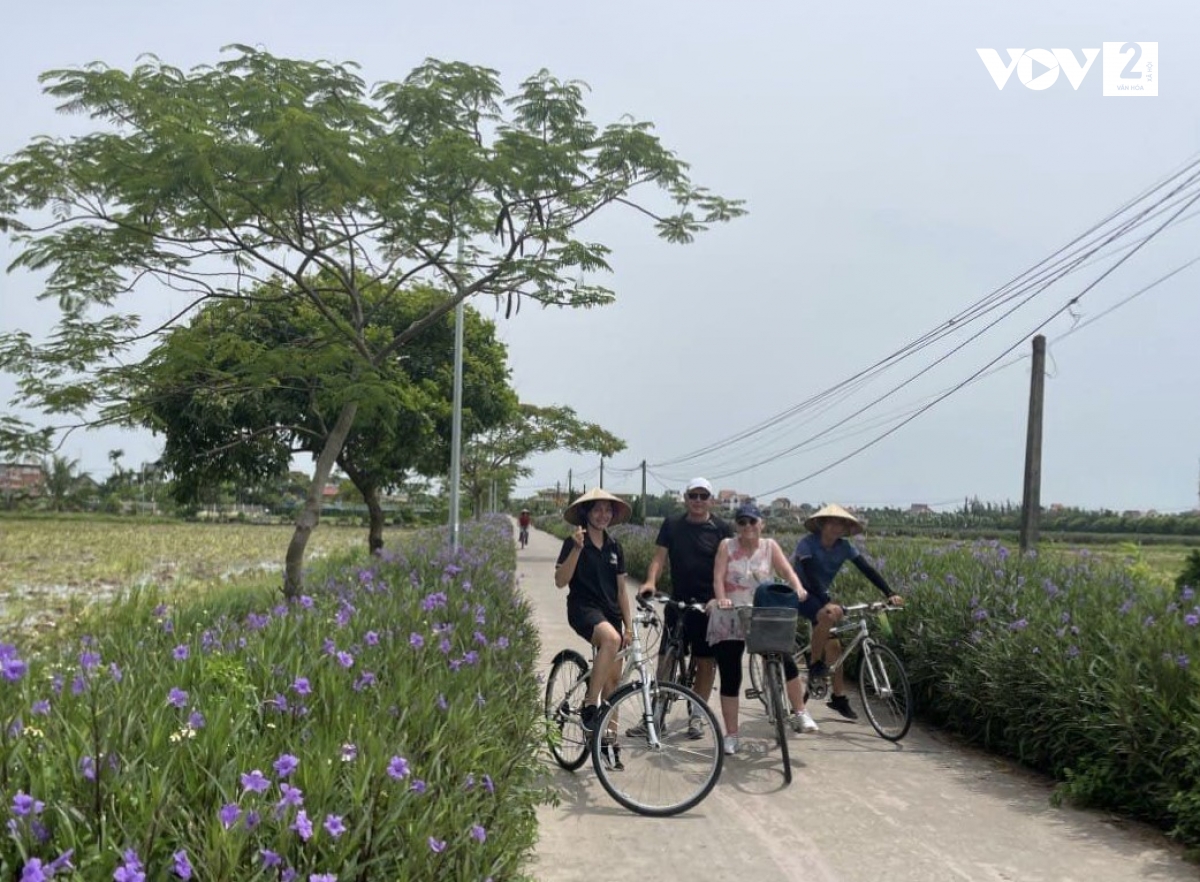

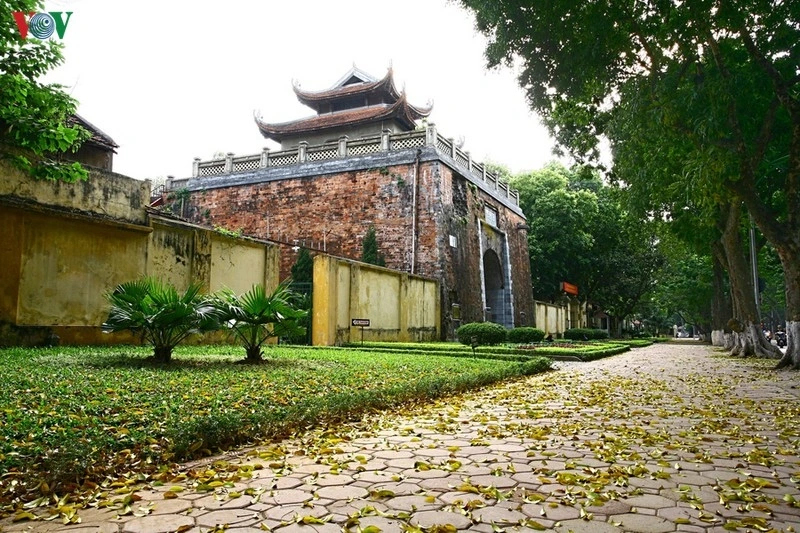
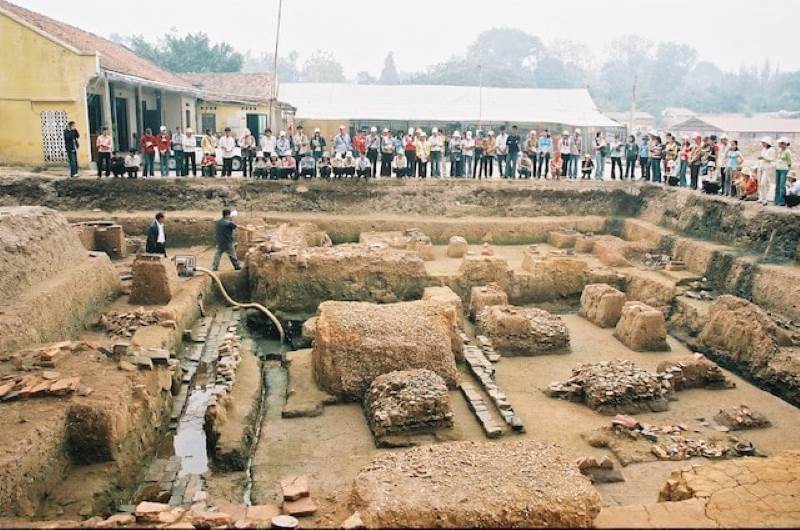

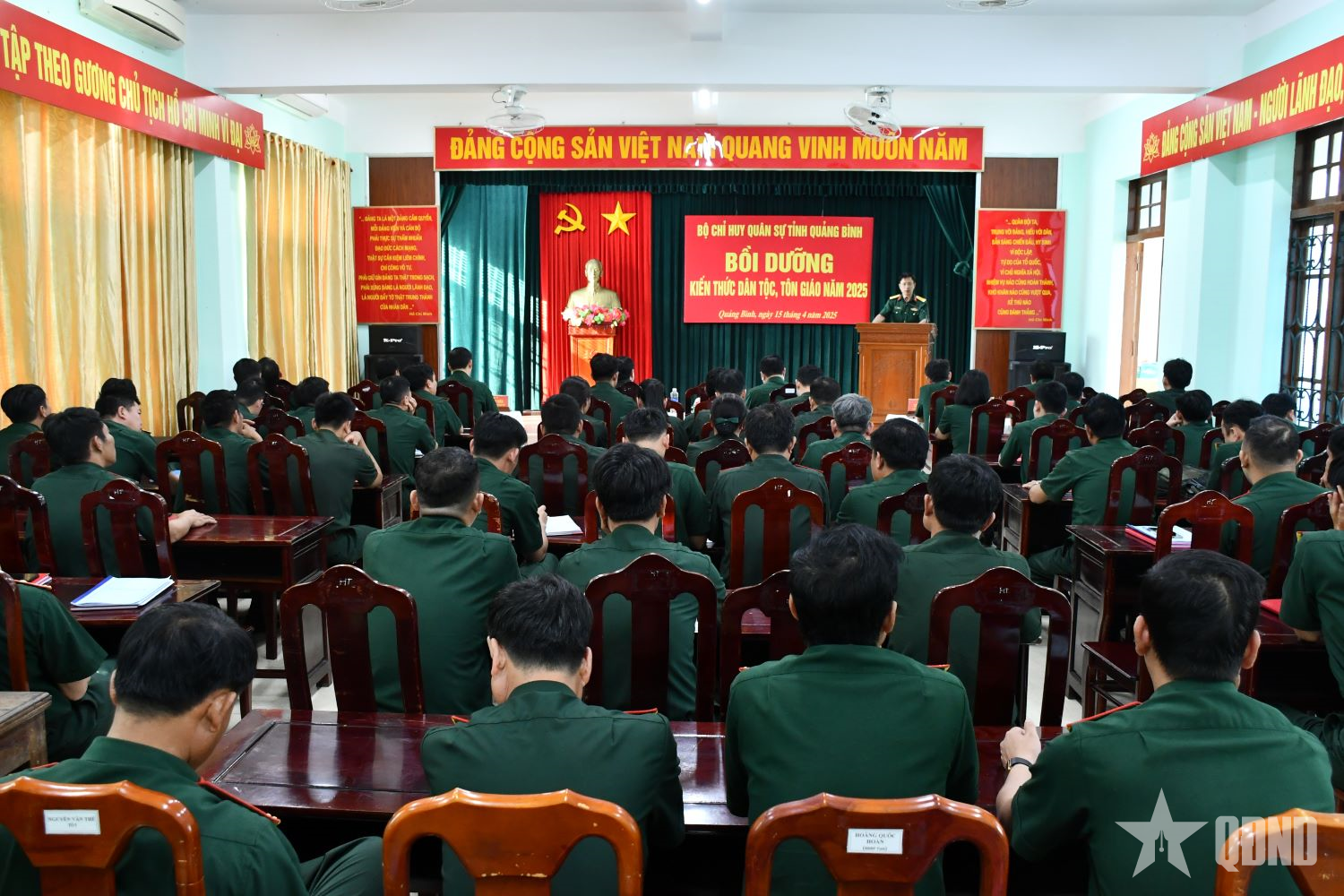

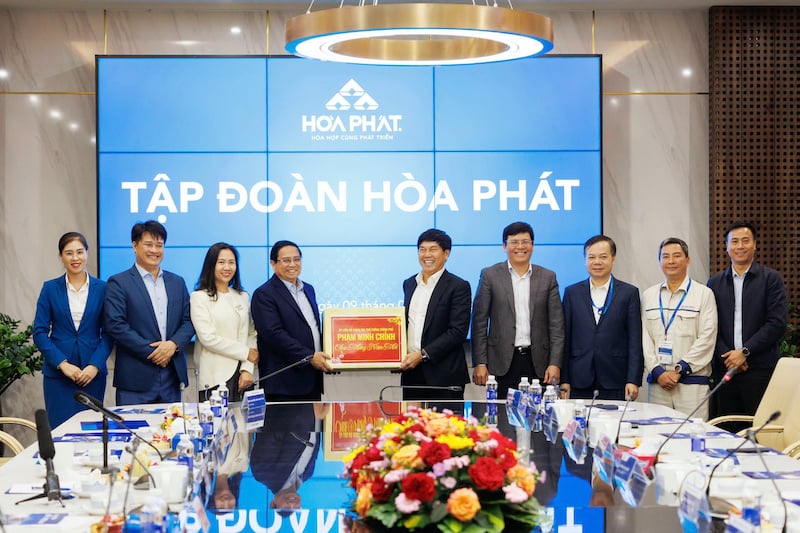

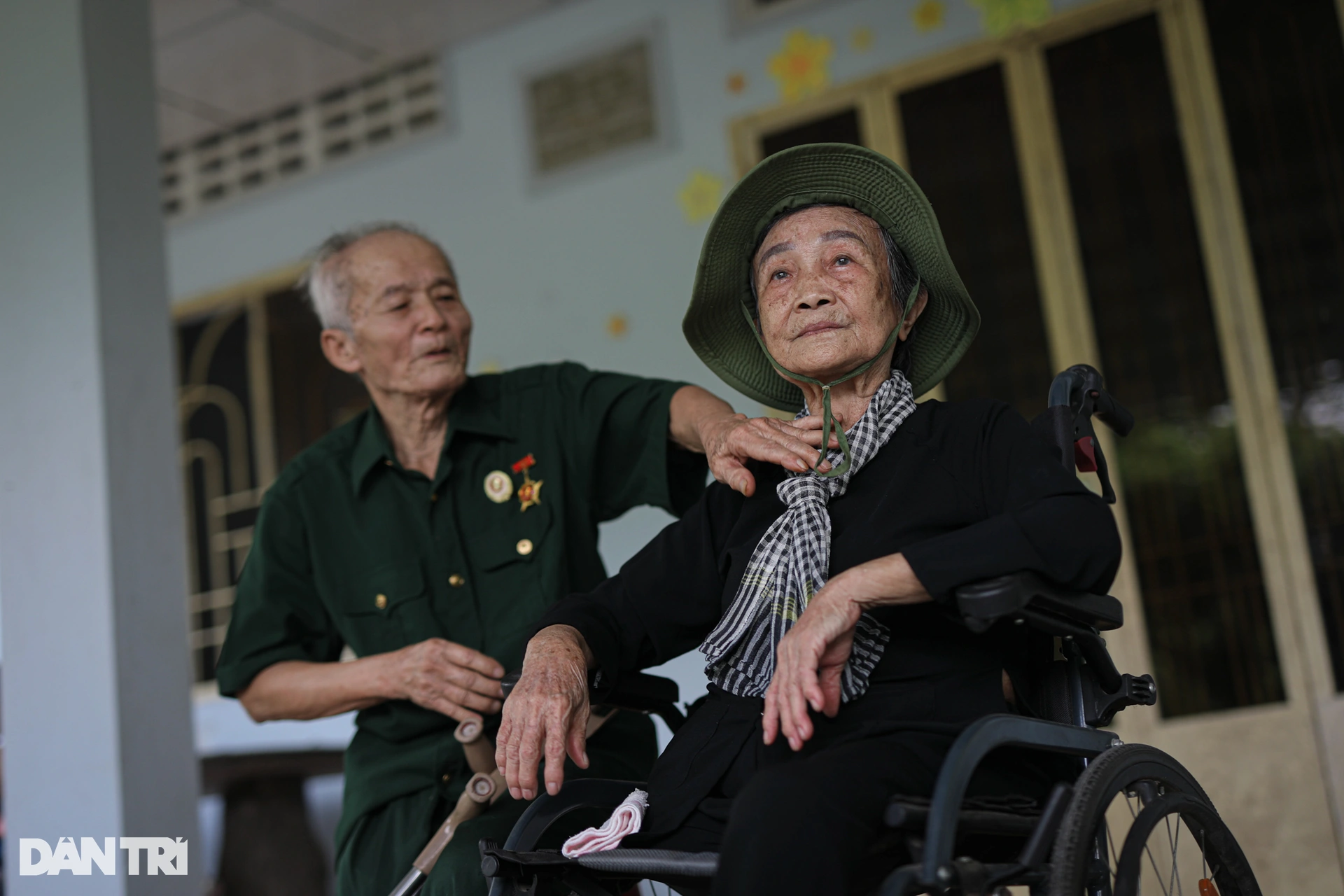

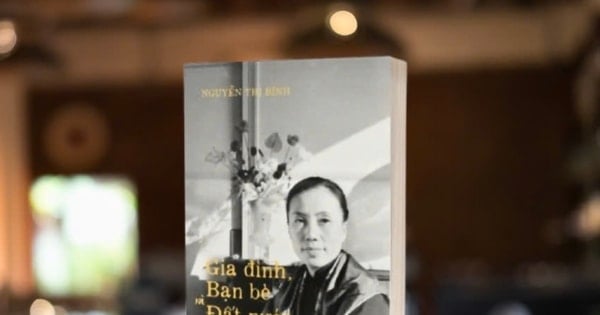

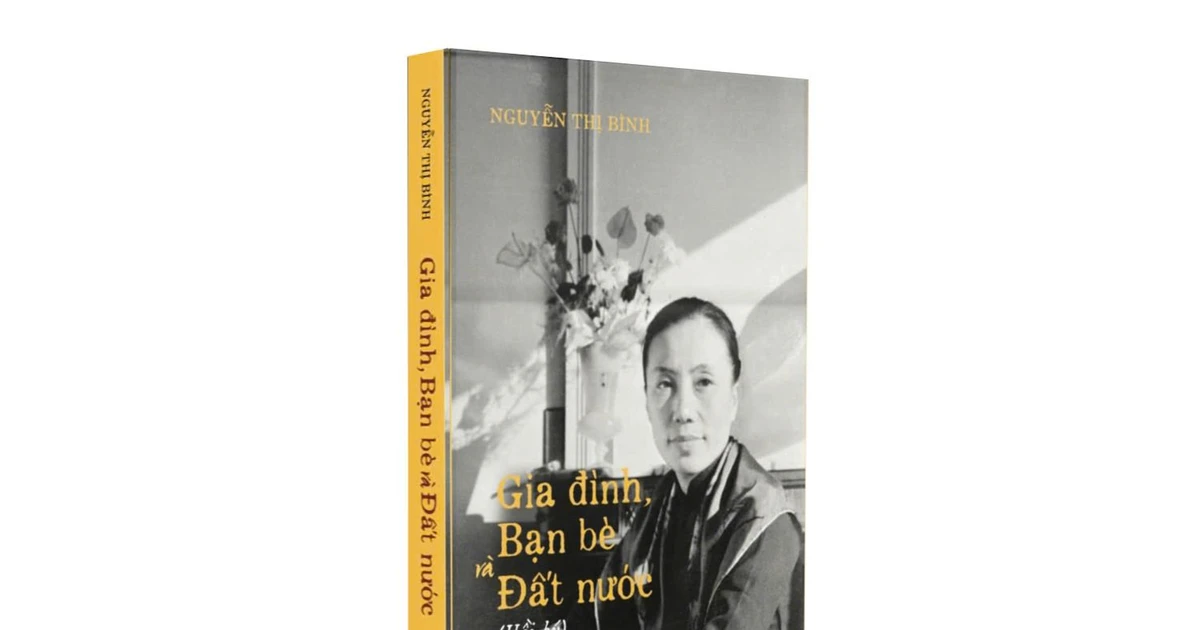





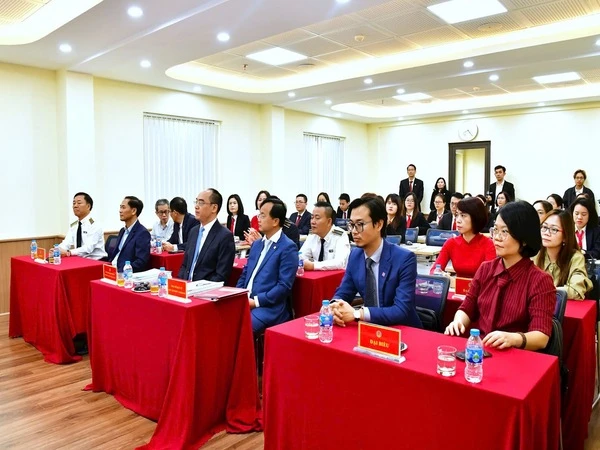



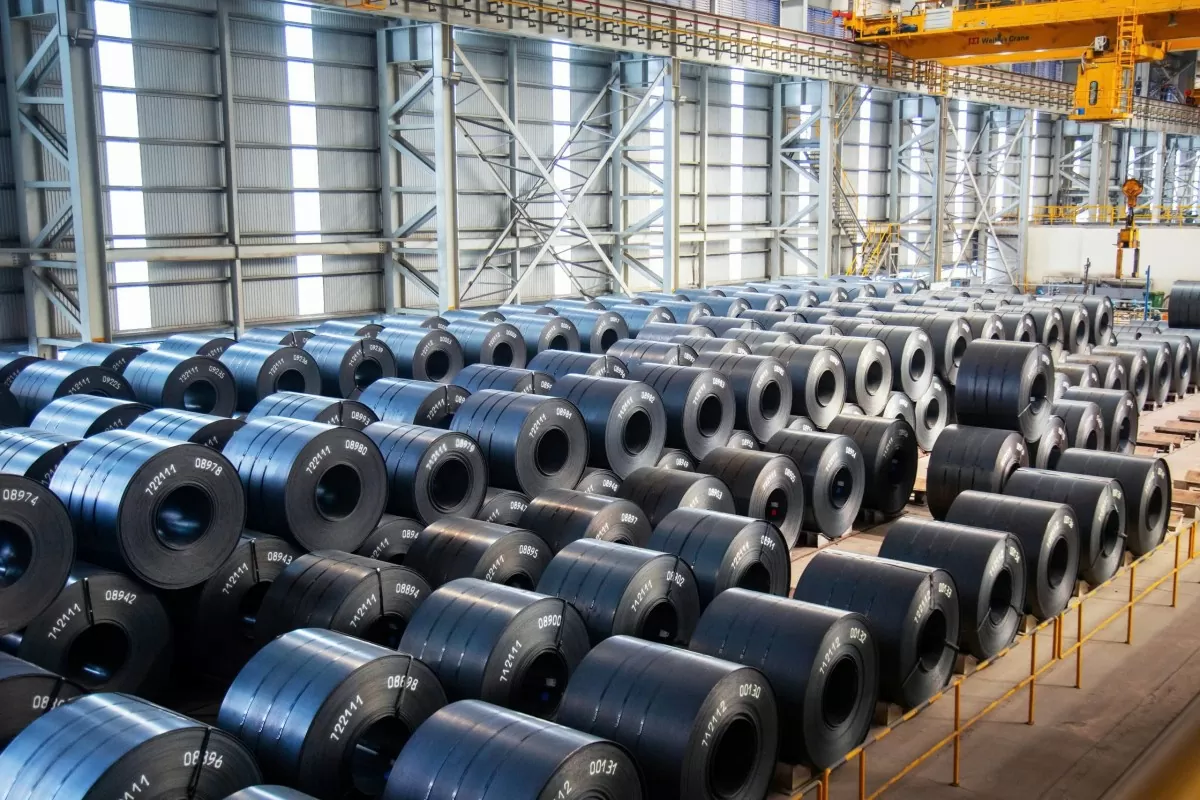






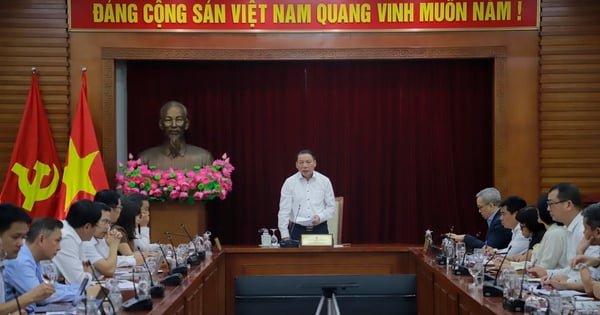

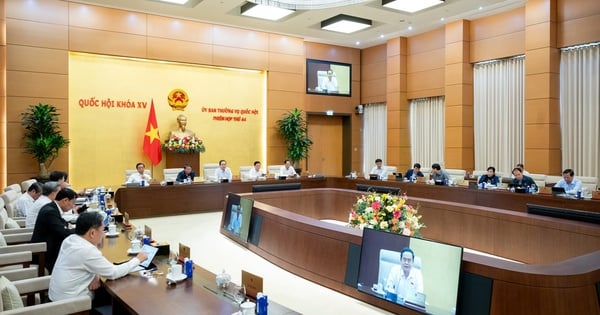

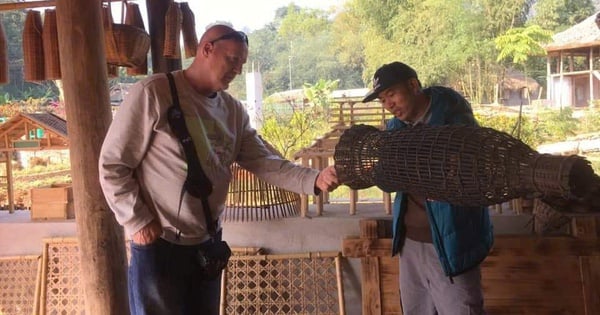
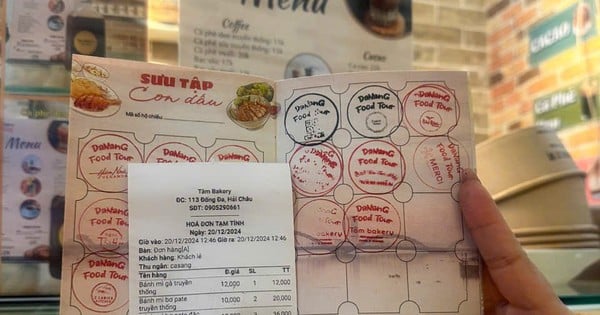
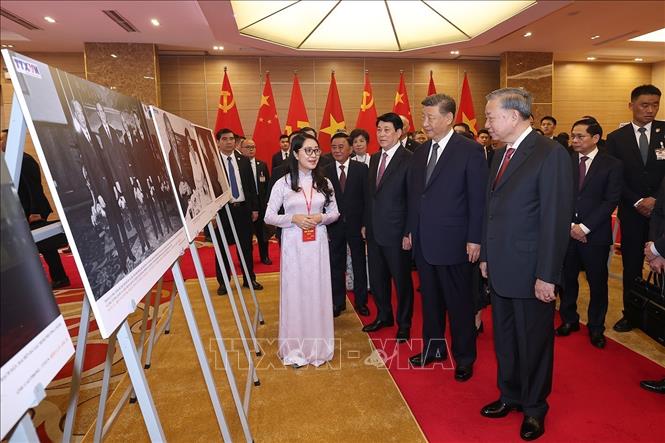

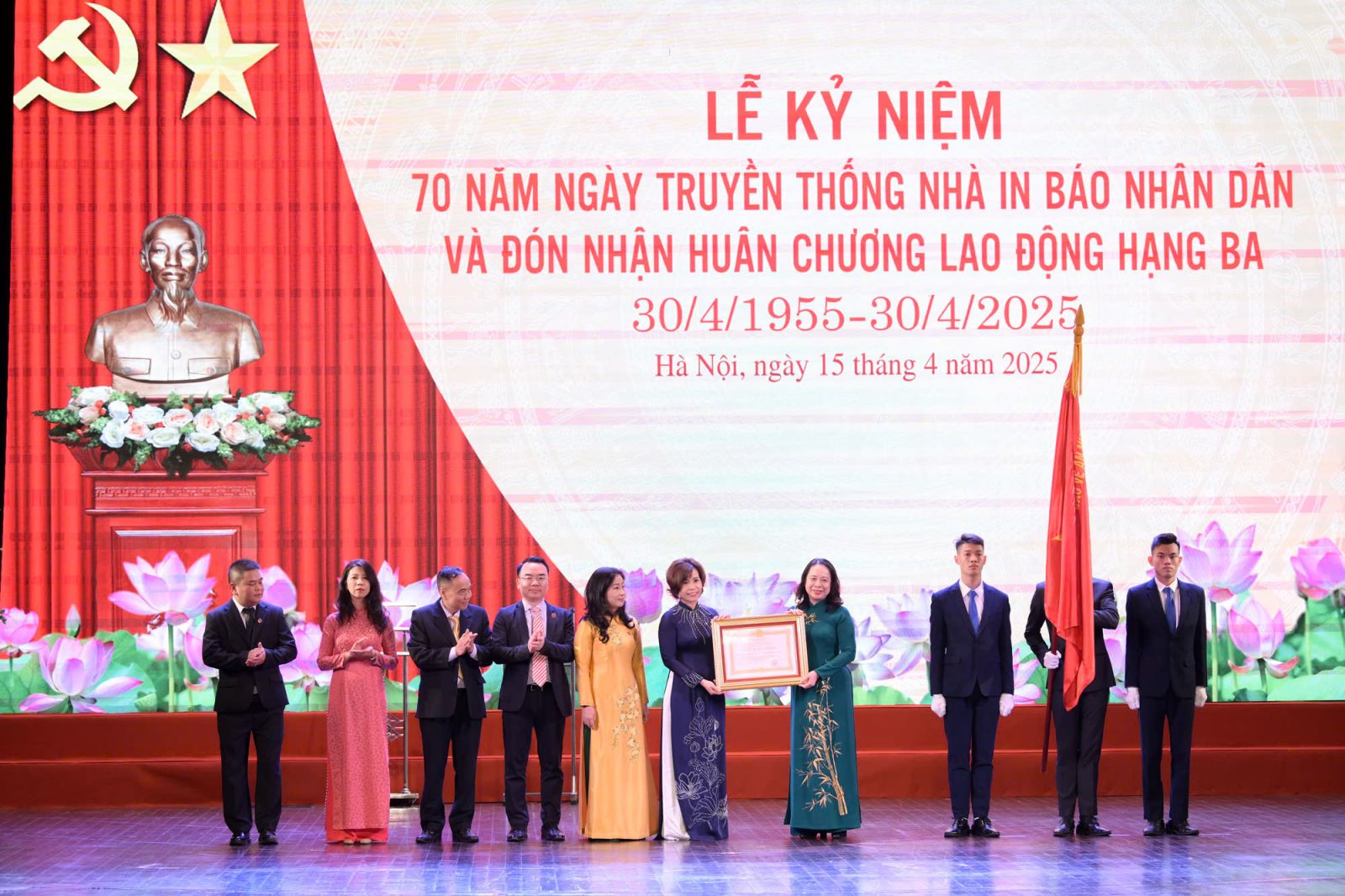


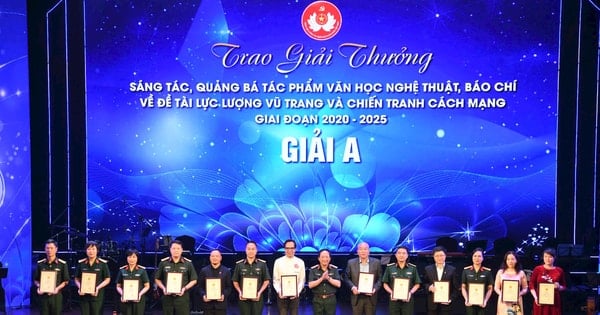
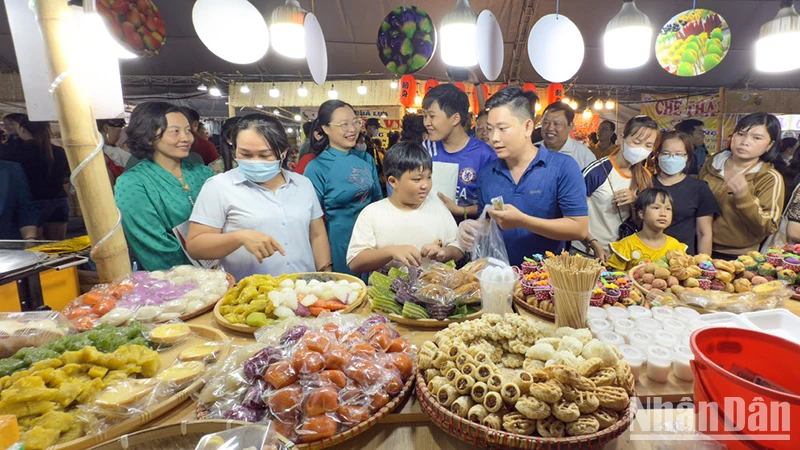
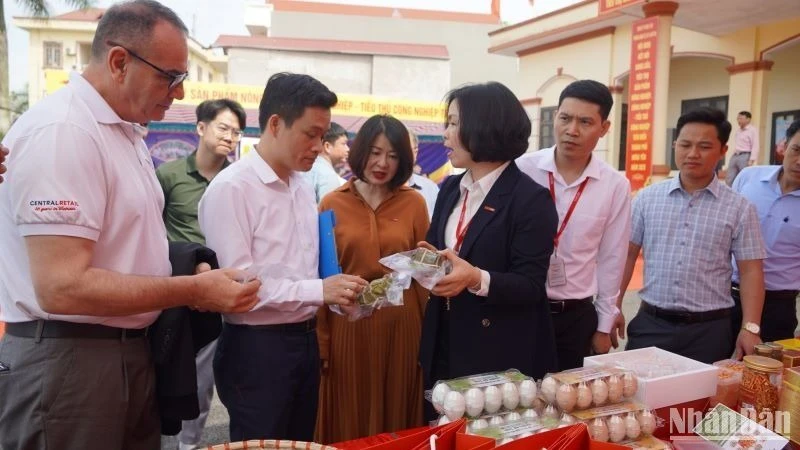
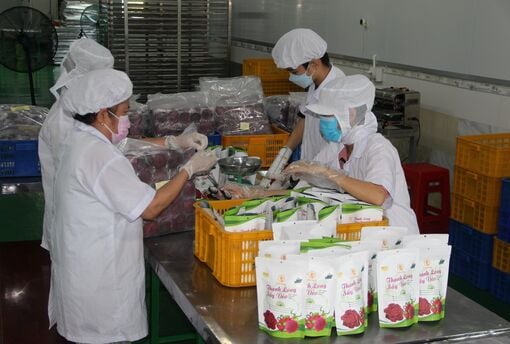

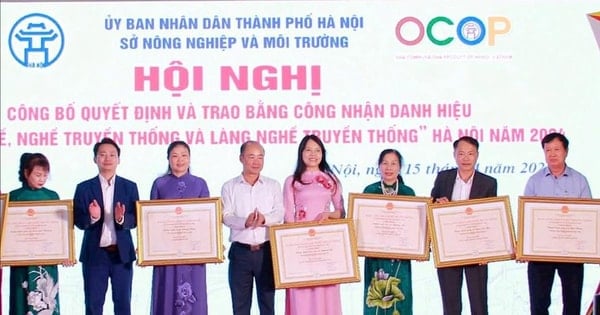


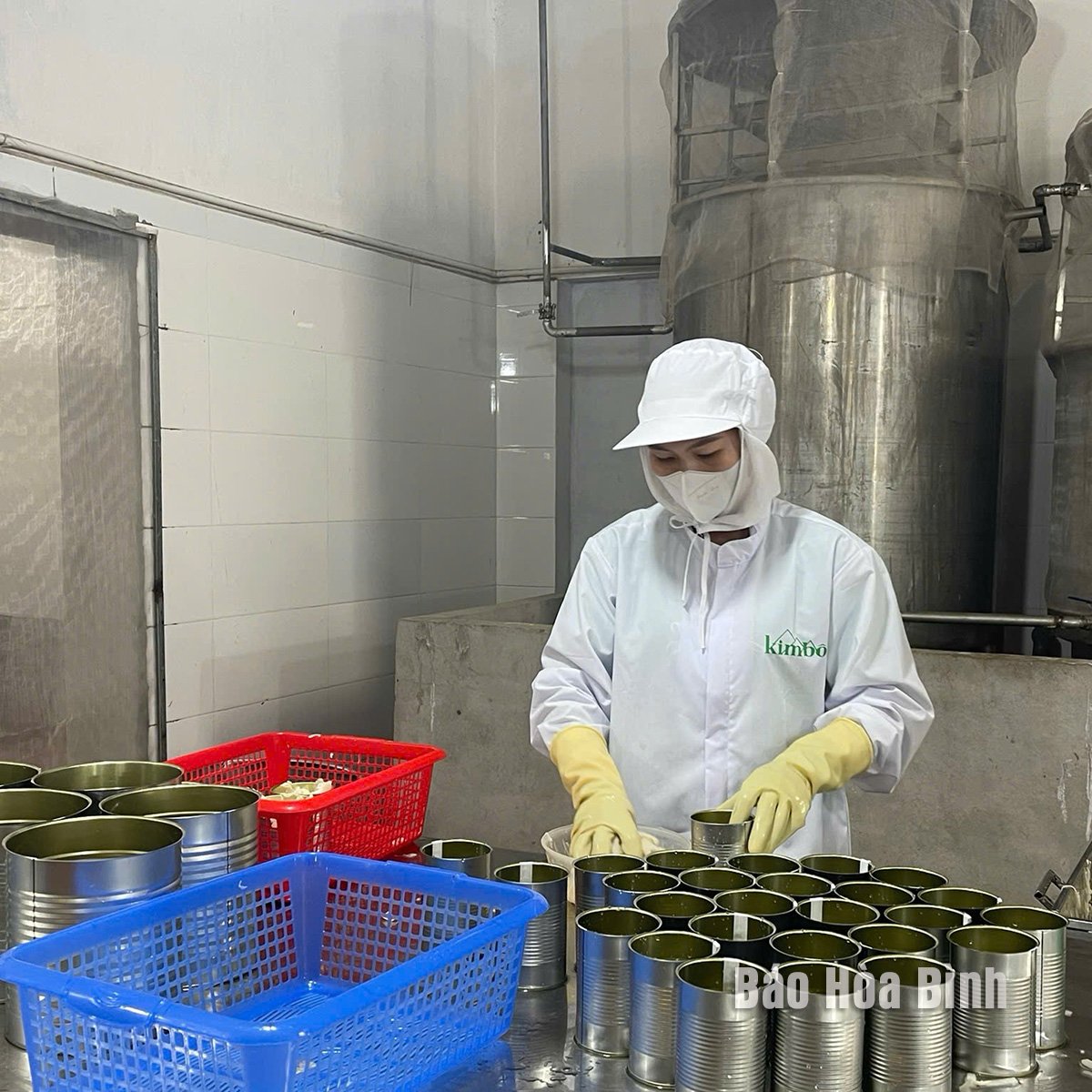

Comment (0)